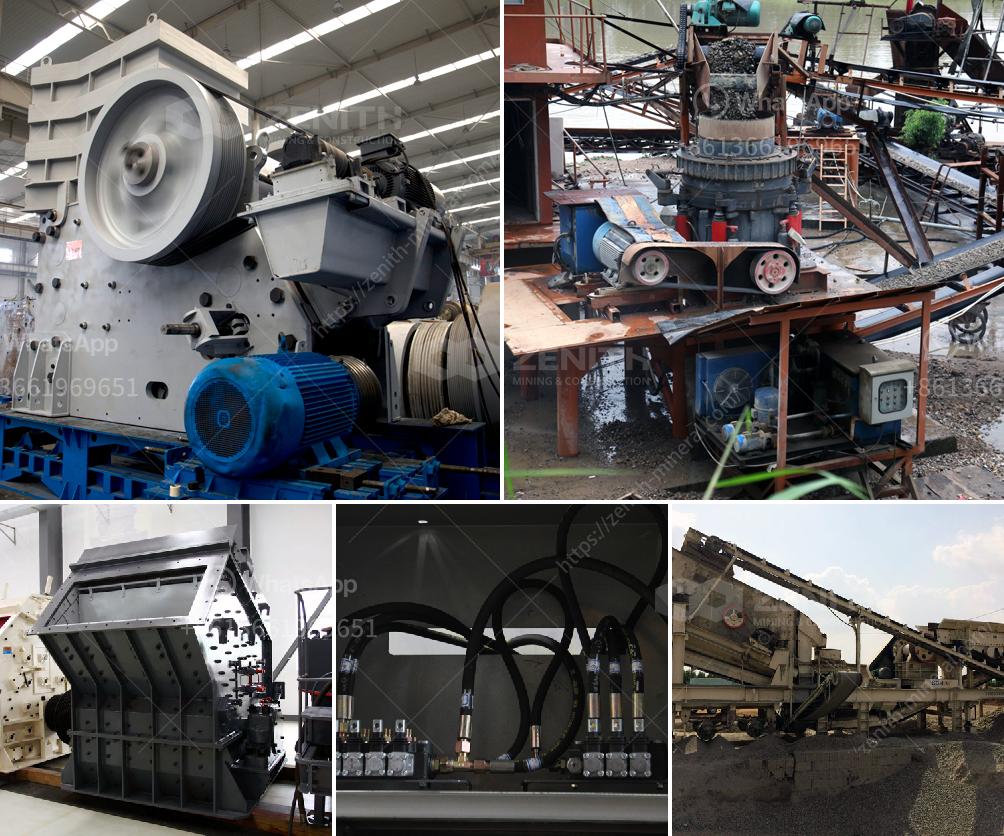Vibratory screens offer several advantages in various industries for material processing. Here are some key merits:
Efficiency in Separation: They provide precise and efficient separation of materials by size, ensuring that particles are sorted accurately.
High Throughput: Vibratory screens can handle large volumes of material quickly, making them suitable for high-capacity operations.
Consistency: They ensure consistent product quality by maintaining uniformity in particle size and removing unwanted materials.
Versatility: These screens can be used for a wide range of materials, from fine powders to coarse aggregates, making them highly versatile in different applications.
Low Maintenance: Vibratory screens are designed with fewer moving parts, reducing the need for frequent maintenance and downtime.
Energy Efficiency: They typically consume less energy compared to other screening methods, contributing to lower operational costs.
Customizability: They can be tailored to specific processing needs, including variations in screen size, material, and motion dynamics.
Dust Control: Many vibratory screens can be equipped with dust encapsulation systems, enhancing the working environment and complying with health and safety regulations.
Durability: Constructed from robust materials, they are built to withstand heavy-duty operations and harsh industrial environments.
Overall, vibratory screens provide a reliable and efficient solution for material separation and processing, enhancing productivity and ensuring quality control in various applications.
